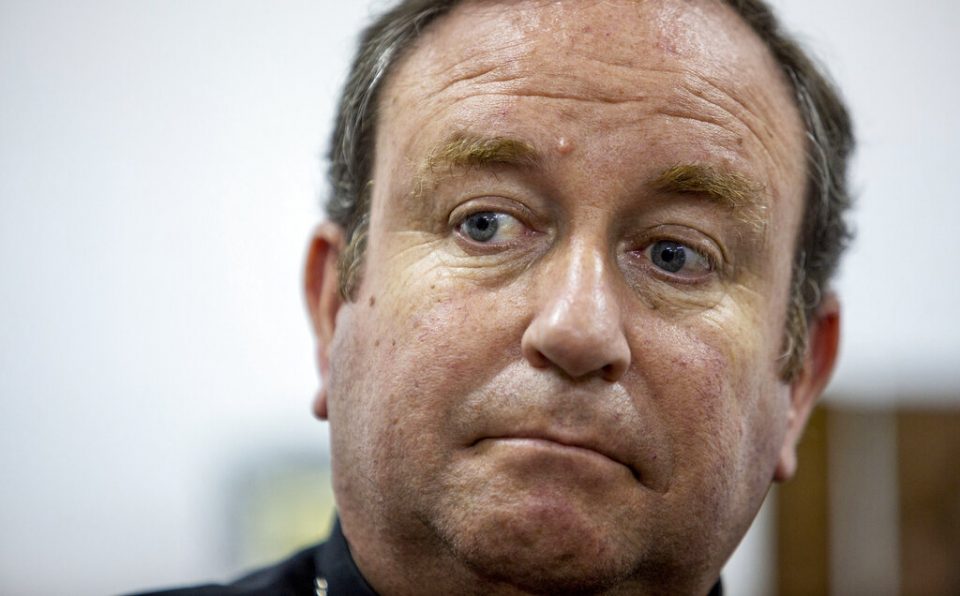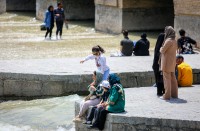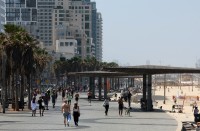
BUENOS AIRES, Argentina (AP) — A bishop close to Pope Francis has been formally accused of sexually abusing seminarians, a public prosecutor’s office in Argentina said Friday.
The prosecutor’s office in the Argentine province of Salta said prosecutor Mónica Viazzi accused Bishop Gustavo Zanchetta of “aggravated continuous sexual abuse.”
This is the first time that a prosecutor has formally accused Zanchetta in his native Argentina.
Zanchetta resigned suddenly as bishop of the Argentine city of Oran in 2017. But Francis named him to a senior Vatican administration position a few months later.
The pope recently revealed in a TV interview that Zanchetta is now on canonical trial in a Vatican tribunal for inappropriate sexual behavior. The Vatican confirmed there were no accusations against Zanchetta regarding minors, suggesting the pope sent the case to the Vatican office that handles sex abuse of minors purely because of its experience in dealing with the issue in general.
The Associated Press and the Tribune of Salta have reported that the Vatican was aware of inappropriate sexual behavior by Zanchetta two years before he resigned. The Vatican insisted Zanchetta was facing governance problems at the time and that the first accusation of abuse came in late 2018.
The public prosecutor’s office said that the bishop declined to comment at a hearing on Thursday.
It also said that Zanchetta will undergo psychological tests on June 12 as part of the investigation. After hearing the local prosecutor, a judge ordered Zanchetta to remain in Argentina and stay away from the victims or their families.
The first accusations against Zanchetta were made in 2015 and involved nude selfies on his cellphone.
Francis acknowledged in the recent TV interview that he asked Zanchetta about the accusations but said he gave him the benefit of the doubt when he claimed his phone had been hacked.
A year later, documents show that Oran’s seminary rector was so concerned about Zanchetta’s behavior that he told the Vatican ambassador in a formal complaint that “urgent measures” were needed to protect his first-year students, since their introductory classes were held in Zanchetta’s residence.
The 2016 complaint, signed by the rector and two former vicar generals, listed Zanchetta’s problematic behavior with seminarians, including walking by their rooms at night, asking them for massages, going into their rooms to wake them up in the morning, sitting on their beds, inviting them to drink alcohol and having an “obsessive omnipresence” in the seminary that made the young men feel “asphyxiated.”
Francis didn’t refer to that 2016 complaint in his interview, but said as soon as he received a subsequent complaint he had Zanchetta resign.
He denied the senior administration position at the Vatican’s financial oversight office was a soft-landing, saying that a psychiatric analysis had determined Zanchetta had an aptitude for administration.







